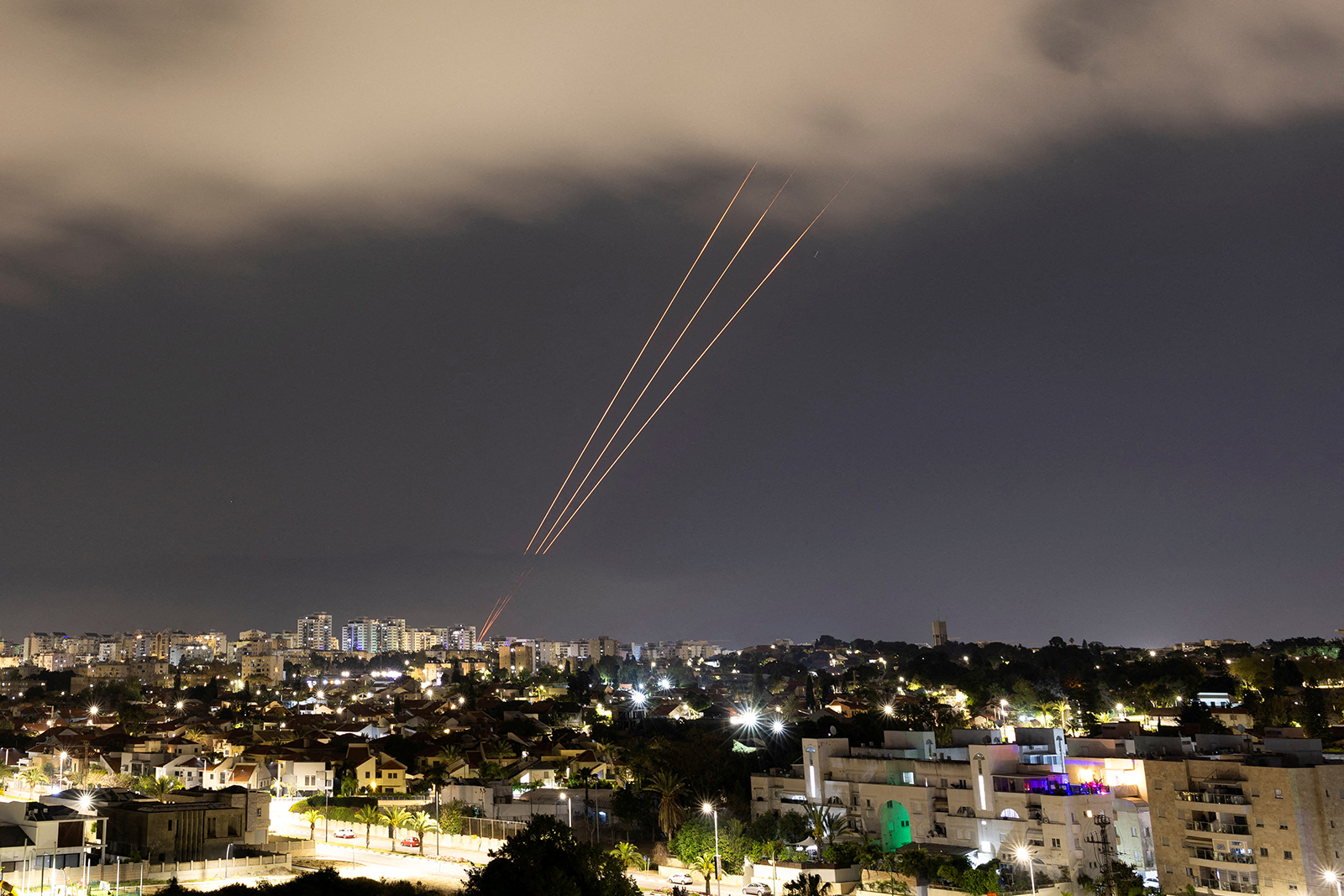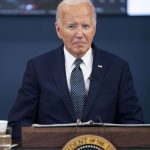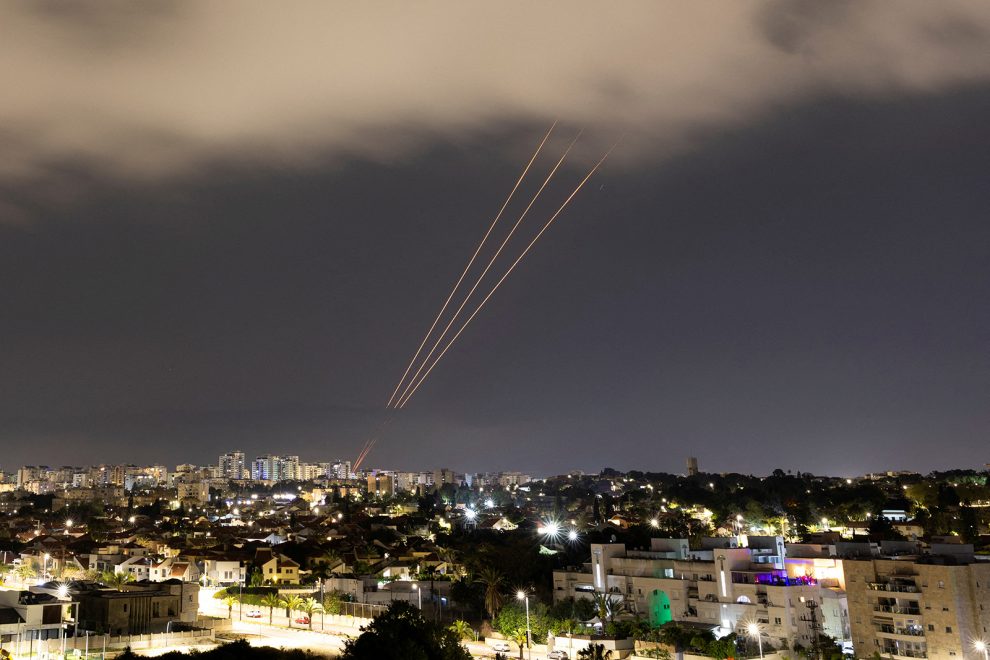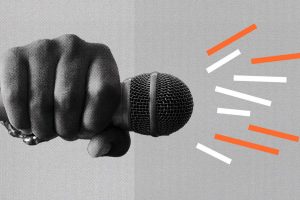
The crash of a helicopter carrying Iran’s president and foreign minister comes at an especially fraught moment in the Middle East – and for Iran domestically.
Israel’s war against Hamas and the subsequent humanitarian catastrophe that has unfolded in Gaza over the last seven months has inflamed global opinion and sent tensions soaring across the Middle East.
It has also brought a decades-long shadow war between Iran and Israel out into the open.
Last month Iran launched an unprecedented drone and missile attack on Israel — its first ever direct attack on the country — in response to a deadly apparent Israeli airstrike on Iran’s consulate in Damascus that killed a top commander in Iran’s elite Revolutionary Guards (IRGC).
Israel struck back a week later, according to US officials, hitting targets outside the Iranian city of Isfahan with a much smaller, calibrated response.
Since then the tit-for-tat direct strikes between the two have stopped. But the proxy war continues with Iran-backed militias such as Hamas and Hezbollah continuing to fight Israel’s forces.
Meanwhile, Iran’s hardline leadership has weathered an explosion of recent popular dissent on the streets at home where years of US-led sanctions have hit hard.
The country was convulsed by youth-led demonstrations against clerical rule and worsening economic conditions following the 2022 death of Mahsa Amini in the custody of Iran’s notorious morality police.
Iranian authorities have since launched a widening crackdown on dissent in response to the protests.
That crackdown has led to human rights violations, some of which amount to “crimes against humanity,” according to a United Nations report released in March.
And while the protests for now have largely stopped, opposition to clerical leadership remains deeply entrenched among many Iranians, especially the young, who yearn for reform, jobs and a move away from stifling religious rule.
A former hardline judiciary chief with his own brutal human rights record, Raisi was elected president in 2021 in a vote that was heavily engineered by the Islamic Republic’s political elite so that he would run virtually uncontested.
While he is president, his powers are dwarfed by those of Supreme Leader Ali Khamenei, who is the final arbiter of domestic and foreign affairs in the Islamic Republic.









